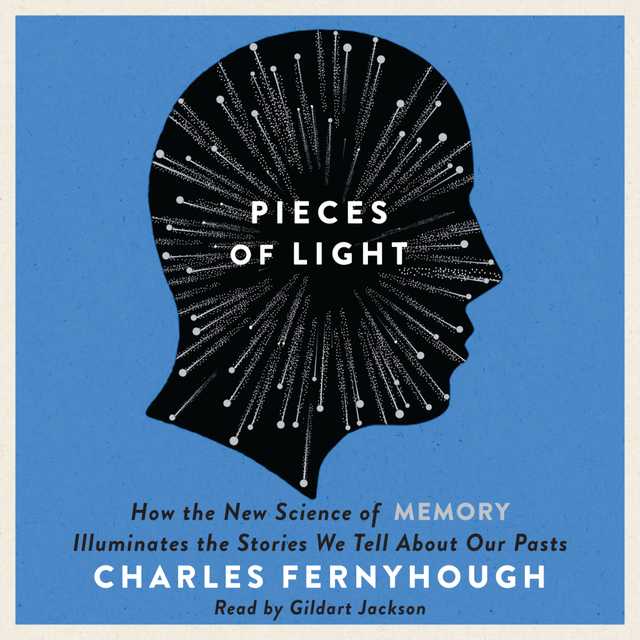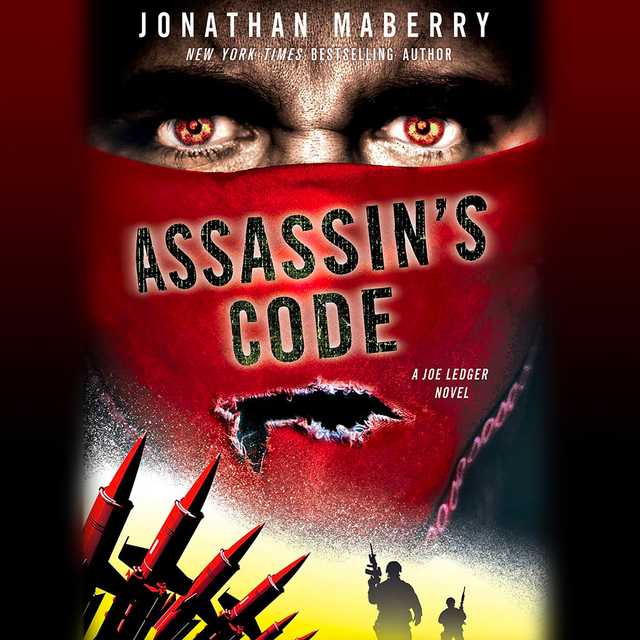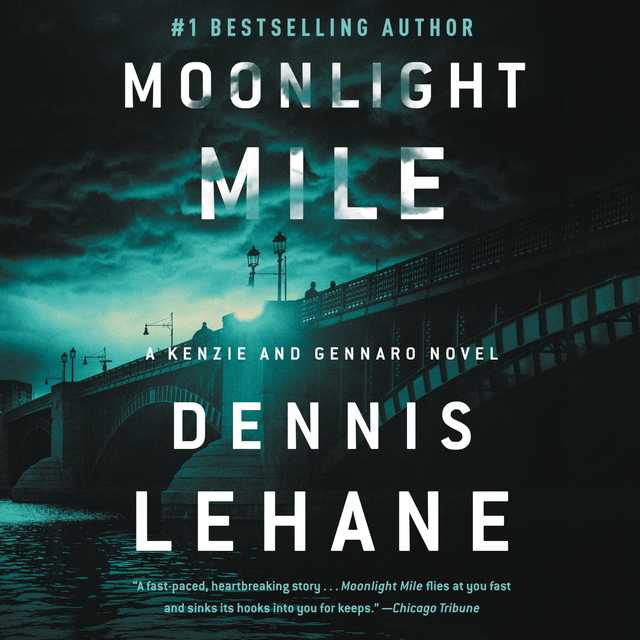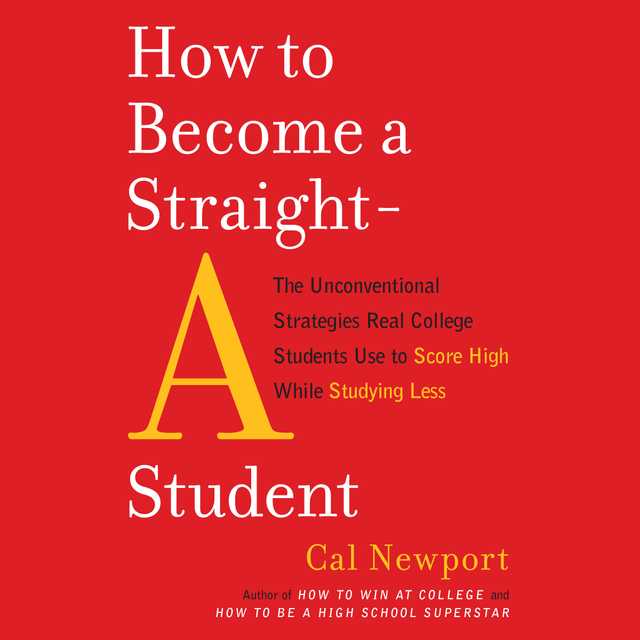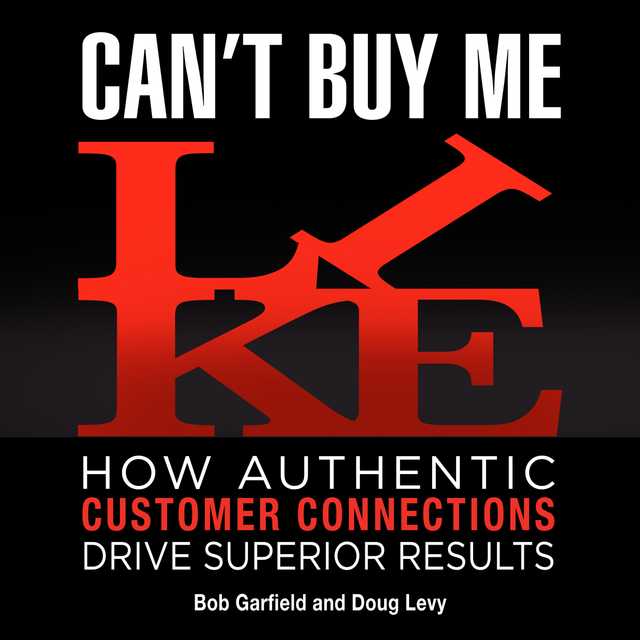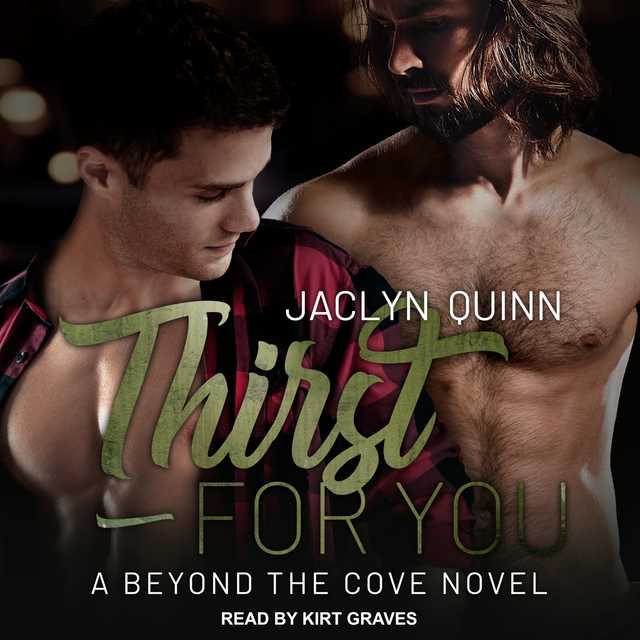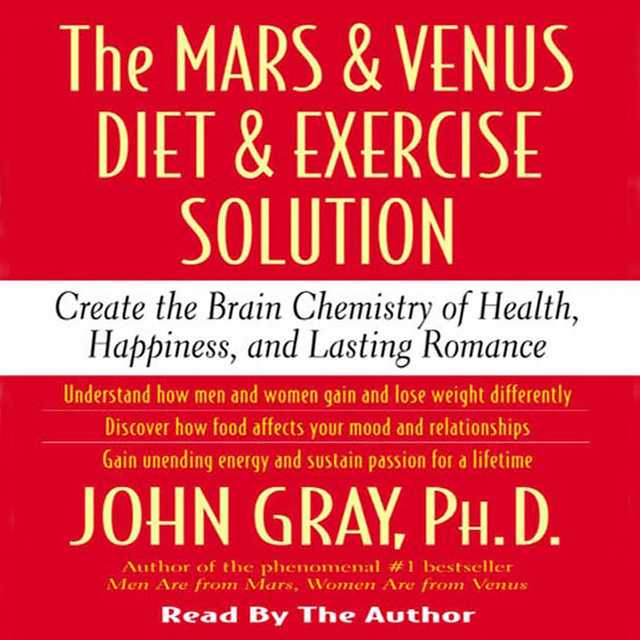Pieces of Light Audiobook Summary
How is it possible to have vivid memories of something that never happened?
How can siblings remember the same event from their childhoods so differently?
Do the selections and distortions of memory reveal a truth about the self?
Why are certain memories tied to specific places?
Does your memory really get worse as you get older?
A new consensus is emerging among cognitive scientists: rather than possessing fixed, unchanging memories, we create recollections anew each time we are called upon to remember. As the psychologist Charles Fernyhough explains, remembering is an act of narrative imagination as much as it is the product of a neurological process. In Pieces of Light, he eloquently illuminates this compelling scientific breakthrough via a series of personal stories–a visit to his college campus to see if his memories hold up, an interview with his ninety-three-year-old grandmother, conversations with those whose memories are affected by brain damage and trauma–each illustrating memory’s complex synergy of cognitive and neurological functions.
Fernyhough guides readers through the fascinating new science of autobiographical memory, covering topics including imagination and the power of sense associations to cue remembering. Exquisitely written and meticulously researched, Pieces of Light brings together science and literature, the ordinary and the extraordinary, to help us better understand the ways we remember–and the ways we forget.
Other Top Audiobooks
Pieces of Light Audiobook Narrator
Gildart Jackson is the narrator of Pieces of Light audiobook that was written by Charles Fernyhough
Charles Fernyhough is an award-winning writer and psychologist. His books include A Thousand Days of Wonder: A Scientist's Chronicle of His Daughter's Developing Mind and the novels The Auctioneer and A Box of Birds. He has written for the Guardian, the Financial Times, and the Sunday Telegraph; contributes to NPR's Radiolab; blogs for Psychology Today; and is a professor of psychology at Durham University in the United Kingdom.
About the Author(s) of Pieces of Light
Charles Fernyhough is the author of Pieces of Light
More From the Same
- Publisher : HarperAudio
- Abraham
- American Gods [TV Tie-In]
- Dead Ringer
- House of Sand and Fog
- Prey
Pieces of Light Full Details
| Narrator | Gildart Jackson |
| Length | 10 hours 4 minutes |
| Author | Charles Fernyhough |
| Publisher | HarperAudio |
| Release date | March 19, 2013 |
| ISBN | 9780062263384 |
Additional info
The publisher of the Pieces of Light is HarperAudio. The imprint is HarperAudio. It is supplied by HarperAudio. The ISBN-13 is 9780062263384.
Global Availability
This book is only available in the United States.
Goodreads Reviews
Joanne
October 28, 2014
Fascinating. Learned; plausible; well-researched; beautifully-written, yet accessible enough for a non-scientist to enjoy and understand. The writer uses his own memories as well as case studies to challenge and explain the nature of what we remember, and how the process of remembering affects (and sometimes changes) existing memories. Ought to be recommended reading for anyone who still believes in the infallibility of one's own memory, or that of eyewitness testimony. Thrillers are rarely this thrilling.
Charlotte
September 13, 2012
I wish this book had been written last year! It would have been so useful for my dissertations. Fernyhough wants to debunk the popular conception of memory as a kind of filing cabinet (Harry Potter's penseive comes to mind) and instead show us how we create memories in the present moment, using data from the past that is stored in the brain. It's a completely readable book which patiently and sensitively discusses the human need to make memory 'conform to its master' in the present whilst remaining true to what actually happened. There is a kind of constant tension here.He looks at how memory works on a neurological, science basis (which is fascinating for someone who knows so little about how the brain functions) and also uses fiction to illustrate how this pans out in the way that we tell stories to ourselves and to each other. One of the most interesting things that I learnt was the way that memory and imagination are directly linked. Our ability to create memories about the past mirrors our ability to imagine ourselves in the future and brain activity is remarkably similar for both processes. He sometimes seems a bit sentimental and wishy-washy but that's because he's being really brave actually in occasionally using himself as a test-subject and investigating the way that he remembers personal things that matter to him. I have great respect for this as looking at the way you remember / create your own personal narrative could be a scary prospect requiring a lot of self-honesty and a genuinely analytical approach.If you are a memory-geek like me, you will love this.
Lynn
December 06, 2016
This is a fascinating book about thought and memory. What is your first memory? Can false memories be put into someone's head? What causes traumatic flash back memories? Why can five people experience the same event and have five different versions of the story? How much of what I remember is gleaned from stories people tell, rather than from my memory? If you find these questions fascinating you will like this book. It is well written, well researched, and easy to comprehend.
Soho_Black
February 21, 2015
Over the years, I've seen the human memory at its best and worst. I watched my Nan suffer with Alzheimer's to the point she couldn't remember who anyone was, but also had a colleague who won a silver medal at the Memory Olympics for his ability to remember long strings of items. I also studied memory as part of a psychology degree but, perhaps ironically, I can no longer remember much of what I learned.In ''Pieces of Light: The New Science of Memory'', Charles Fernyhough proposes a different way of looking at memory. He suggests that current research shows that memories are not all locked away in a vault ready for retrieval, but that every time we have a memory, we are rebuilding it on each occasion. He shows how this can mean people of different ages will remember things from different parts of their lives, depending on how their brains are wired and what can cause forgetting.Although he doesn't specifically mention Alzheimer's, he talks about what can act as a block to memory in various ways and how traumatic events can take their own hold over our memories but can, in turn, be handled. There is a brief mention of how seemingly long forgotten events can be sparked into life with the right cues and how memories can be falsely generated or influenced by external factors, particularly in the very young.Fernyhough writes in a very narrative style, which is unusual in what is essentially a textbook, but which gives the book a better flow than it may otherwise have had. He has written a novel and that experience stands him in good stead here. Even when the material does become a little more complicated, as he reports of research carried out on specific areas of the brain, his style means the book is always readable.Even with my own studies in memory being so long ago, I was frequently fascinated by the research details here. Particular areas that concerned me were touched upon, with the ability to remember large amounts of data mentioned, if not fully explained or backed with research. More interesting to me personally was when he talked about how memory trick us into thinking life goes faster as you age, as that is something I have long felt is happening to me.This factor helped me engage with the book more than I otherwise might have done, but all the way through I found myself thinking back and relating to areas Fernyhough discussed to my own life. As he talked about memory formation in childhood, I was able to find examples and there was a feeling of familiarity in other areas. Although I had a period of studying psychology, the information is so well presented that a reader will need no advanced knowledge of the subject to relate to the book in the same way I did. Some of the mentions of specific brain areas may get a little confusing, but there is a helpful diagram to show which parts he is talking about, which I referred to often.If there is a downside to the book, it is that the narrative style works against the ability to find specific information quickly. It helps with readability and would increase the readership, but slightly hinders the use of the book as a research tool or as a traditional textbook. In addition, whilst the style makes it a decent read, it only explores memory and doesn't give any information on how to improve it, which the shelves of many bookstores suggest many people may be looking for.However, as a starting point for those looking to find a little more about memory generally, or as a textbook for those new to studying psychology, this is a valuable resource. It is very easy to read and will encourage those who wish to do so to dig a little deeper. It has certainly awakened my interest in memory more than I recall the much drier textbooks of my psychology course doing and it's considerably cheaper than many of the books that failed to spark my interest back then, too.This review may also appear, in whole or in part, under my name at any or all of www.ciao.co.uk, www.thebookbag.co.uk, www.goodreads.com, www.amazon.co.uk and www.dooyoo.co.uk
Kathleen
November 01, 2012
This has been my bedside reading for the past couple of weeks. I’ve always been interested in the way Memory and Imagination work together to create. How the imagination takes all the snippets of things we’ve stored in our brains over the years and weaves them into something completely new. What I didn’t realise, until I read Charles Fernyhough’s book, Pieces of Light, was just how dependent the memory was on imagination in order to enable us to remember.It seems that our memories of past events aren’t stored in one place, like a video film, just waiting to be re-run, but in bits and pieces of information in different parts of the brain; smell in one place, sound in another, visual and emotional cues in others. When we try to remember something that happened to us in the past, our imagination comes into play to reconstruct the memory as a narrative, which explains why people remember things so differently, and memories alter through time - a minor detail when the event took place might acquire real significance later.In amnesia victims, where the part of the brain that controls imagination is damaged, memory is severely disrupted and ‘forward thinking’ - the ability to speculate about the future - is impossible.The way we encode our lives in the memory is also interesting - apparently we are all natural story-tellers. ‘Narrative,’ Fernyhough states, ‘is a key organisational force in autobiographical memory.’ We remember events as stories, pieces of narrative. The author comments in the book, ‘I set out to write about some science, and I ended up by telling a lot of stories’. It’s the story our brain remembers while the event itself fades. Our lives become a series of narratives. We seem to have a need to ‘create a coherent narrative about where one has come from’. But apparently it sacrifices accuracy in order to produce ‘meaning’ - the emotional value of the event is more important than the small detail.Charles Fernyhough also looks at how, by giving fictional characters rich memory banks, we can make them more authentic for the reader. He uses Hilary Mantel’s Wolf Hall as an example of this, and discusses the work of W.G. Sebald and how he used memory to give a sense of reality - the texture of memoir - to his novels. Reading them, you are never sure whether this is reminiscence or fiction. There is ‘a kind of active remembering in which the world and self-hood are continually constructed and reconstructed - from present-day events and from not-quite-intelligible fragments of the past’.There are some lovely interviews with Charles Fernyhough’s mother Martha, attempting to recall her life in conversations with the author, reconstructing it and discovering new perspectives as she gazes back at it across eight decades. I liked the quote from a critic, discussing Proust (you can't really talk about memory without mentioning him): “Like our eyes, our memories must see double; these two images then converge in our minds into a single heightened reality”. Fernyhough goes on to elaborate: ‘Our two eyes, stereoscopically aligned, allow us to see space; memory allows us to ‘see’ time. Memories are about what happened then, but they are also about who we are now’.
Melissa
March 27, 2015
For anyone interested in understanding how memory works, this book is for you! Fascinating!
Shawn
September 07, 2022
I especially enjoyed the last section of the book where the author interviews his grandmother to better understand her memory. The sections on traumatic memory were also insightful and I found it interesting that some people may be more susceptible to PTSD and other response to trauma than others. It seems that, at least in some cases, our initial response to trauma and how we relate to it may have a strong influence on whether or not we experience PTSD. (Did that make sense?)
Raz
September 17, 2020
“If we are honest about how memory works, we need to be warry of its charms…(because) it is easy to be drawn into the fiction”If I can’t control myself, what is about to follow is going to be a gushing of fandom, if professors of psychology have fans and writers of the highest order are psychologists. But as a caveat for you, two things must be made clear, one is that I am generally very bias toward books that teach me something interesting about the mind that is useful, and two, is that if a writer can make that usefulness entertaining, even slightly, you will get praise from me. Pieces of Light, however, is a bar raiser.What Fernyhough has done in his masterfully crafted ode to memory is make a subject so academic in nature feel anything but. This book is eloquent, engaging, educational and entertaining. The heart of this book is an examination of memory and how modern cognitive science is explaining the frailty and flexibility of what we remember. It asks insightful questions that change our understanding of what memory is, how it works and ultimately the purpose of remembering.“Memory narrativizes us, it turns us into characters in a novel, it makes motives and context matter”The book purposefully moves between an autobiographical journey, current research and a new imagining of memory as constructed recollections made up of distortion, suggestions, and error. As you read this book, you will learn about why you should not trust your memory, or anybody else’s. “Memories are about what happened then and about who we are now”I will not, however, suggest or recommend this book. I will dare you to read it though. Because, really, by the time you are done your life will have changed some. You may be a little more careful with how certain you are about remembering things ‘exactly’ as they happened. You may find yourself thinking a little more critically and questioning things with more vigor. Or you may just decide that you need to re-evaluate everything you have come ever to believe.This is a beautiful book. Overall Score 5.0 / 5.0 ya damn rightIn a sentence: A truly wonderful example of how scientific research can be bonded together by literary grace.
Sally
August 29, 2013
Not entirely the best book for a non scientist sort but truly interesting information about memory - something we all carry around within ourselves all of the time. How we bring them forth, how we circumnavigate them, how we reconstitute them and how, with them, we build a narrative of our lives. Memories are indeed curious things. I enjoyed the parts that were anecdotal, the stories that were attached to real folks.... those enduring PTSD and other traumas, those who've experienced amnesia type episodes, and those of regular folk, old and young as well. But it was also fascinating to read of some of the research being conducted. As more is understood about memory there are those psychologists who are looking at the legal implications of the dependability (or lack thereof in some cases) of eyewitness testimony, of manipulated memory, and various memory prodding, coping techniques such as EMDR. Very cool stuff indeed, at least the stuff I can remember anyway.He says, "We are constantly editing and remaking our memory stories as our knowledge and emotions change. They might be fictions, but they are our fictions, and we should treasure them. Stories are special and sometimes they can even be true."
Bob
July 11, 2015
Memory as stories we tell ourselves? Memories as reconstructions from the elements laid down in the brain as opposed to a "movie in our head?" Fernyhough presents some of the best current research on memory and elegantly relates it to our propensity to tell stories. There is much we don't yet know about memory, but the newer abilities to examine a working brain at the molecular level is starting to tease out some tantalizing ideas (neuroscience) and the continued work of experimental (research) psychologists are also contributing to our knowledge of memory.Our autobiographical memories tend to store the "gist" of things, rather than an HD-quality movie of our experiences. So, when we revive a memory, there are details missing; context might be fuzzy. But the brain doesn't like gaps in our "stories" so it fills them in and we're rarely aware of that activity. Often, we come close enough, sometimes we're way off. Fortunately, memory is mostly reliable, but don't bet too heavily on all the details!A good read. Recommended.
Bözsi
February 08, 2013
This book (given to me by Nev and Brad for Xmas/Birthday) brings together theories and knowledge that now is being most seriously considered or seems to be the case, well explained by Fernyhough, with many personal examples (drawn both from his own experience or from the experiences of others) of how memory seems to work in various ways. Having quite recently finished reading several of Oliver Sack's books, in which he discusses many memory anomalies and types of losses, or compensations etc., I felt this book tied in well with his. Definitely an enjoyable and informative read.
Dhonna
June 13, 2013
I really enjoyed this book! I was fascinated and not only learned much but, feel more comfortable with my own memory experiences. It is amazing to me how people are so confident that they have remembered correctly. This books shows how fallible and how pliable our memories are. The author shares many personal anecdotes and cites research to clarify studies on the brains use of memory. Well written, with memorable stories.
Ed
May 01, 2018
This book was a nice mix of science and memoir that surveys how new theories from neuroscience and psychology are bringing insights into how memory operates. I liked how the memoir pieces work to illustrate how important narrative and identity formation are to the workings of memory. Near the end the idea of collective memory is briefly explored. It would have been interesting to see more on this topic.
Denzil
March 08, 2017
Combining the current thinking on how memories are formed (or not) and recalled (reconstructed) with personal stories and examples from literature gives this a different feel to other pop science books. He is able to use these examples and anecdotes to give real time examples of the underlying science he is trying to get across. Really enjoyable and interesting read.
Peggy
March 27, 2015
I sought out this book in an effort to understand autobiographical memory better and found it useful. Fernyhough interweaves research and reporting and includes autobiographical accounts in which he examines the significance of his own memories. Though other reviewers disagree, these passages expanded my understanding about the nature of memory and identity.
Most Popular Audiobooks
Frequently asked questions
Listening to audiobooks not only easy, it is also very convenient. You can listen to audiobooks on almost every device. From your laptop to your smart phone or even a smart speaker like Apple HomePod or even Alexa. Here’s how you can get started listening to audiobooks.
- 1. Download your favorite audiobook app such as Speechify.
- 2. Sign up for an account.
- 3. Browse the library for the best audiobooks and select the first one for free
- 4. Download the audiobook file to your device
- 5. Open the Speechify audiobook app and select the audiobook you want to listen to.
- 6. Adjust the playback speed and other settings to your preference.
- 7. Press play and enjoy!
While you can listen to the bestsellers on almost any device, and preferences may vary, generally smart phones are offer the most convenience factor. You could be working out, grocery shopping, or even watching your dog in the dog park on a Saturday morning.
However, most audiobook apps work across multiple devices so you can pick up that riveting new Stephen King book you started at the dog park, back on your laptop when you get back home.
Speechify is one of the best apps for audiobooks. The pricing structure is the most competitive in the market and the app is easy to use. It features the best sellers and award winning authors. Listen to your favorite books or discover new ones and listen to real voice actors read to you. Getting started is easy, the first book is free.
Research showcasing the brain health benefits of reading on a regular basis is wide-ranging and undeniable. However, research comparing the benefits of reading vs listening is much more sparse. According to professor of psychology and author Dr. Kristen Willeumier, though, there is good reason to believe that the reading experience provided by audiobooks offers many of the same brain benefits as reading a physical book.
Audiobooks are recordings of books that are read aloud by a professional voice actor. The recordings are typically available for purchase and download in digital formats such as MP3, WMA, or AAC. They can also be streamed from online services like Speechify, Audible, AppleBooks, or Spotify.
You simply download the app onto your smart phone, create your account, and in Speechify, you can choose your first book, from our vast library of best-sellers and classics, to read for free.
Audiobooks, like real books can add up over time. Here’s where you can listen to audiobooks for free. Speechify let’s you read your first best seller for free. Apart from that, we have a vast selection of free audiobooks that you can enjoy. Get the same rich experience no matter if the book was free or not.
It depends. Yes, there are free audiobooks and paid audiobooks. Speechify offers a blend of both!
It varies. The easiest way depends on a few things. The app and service you use, which device, and platform. Speechify is the easiest way to listen to audiobooks. Downloading the app is quick. It is not a large app and does not eat up space on your iPhone or Android device.
Listening to audiobooks on your smart phone, with Speechify, is the easiest way to listen to audiobooks.

